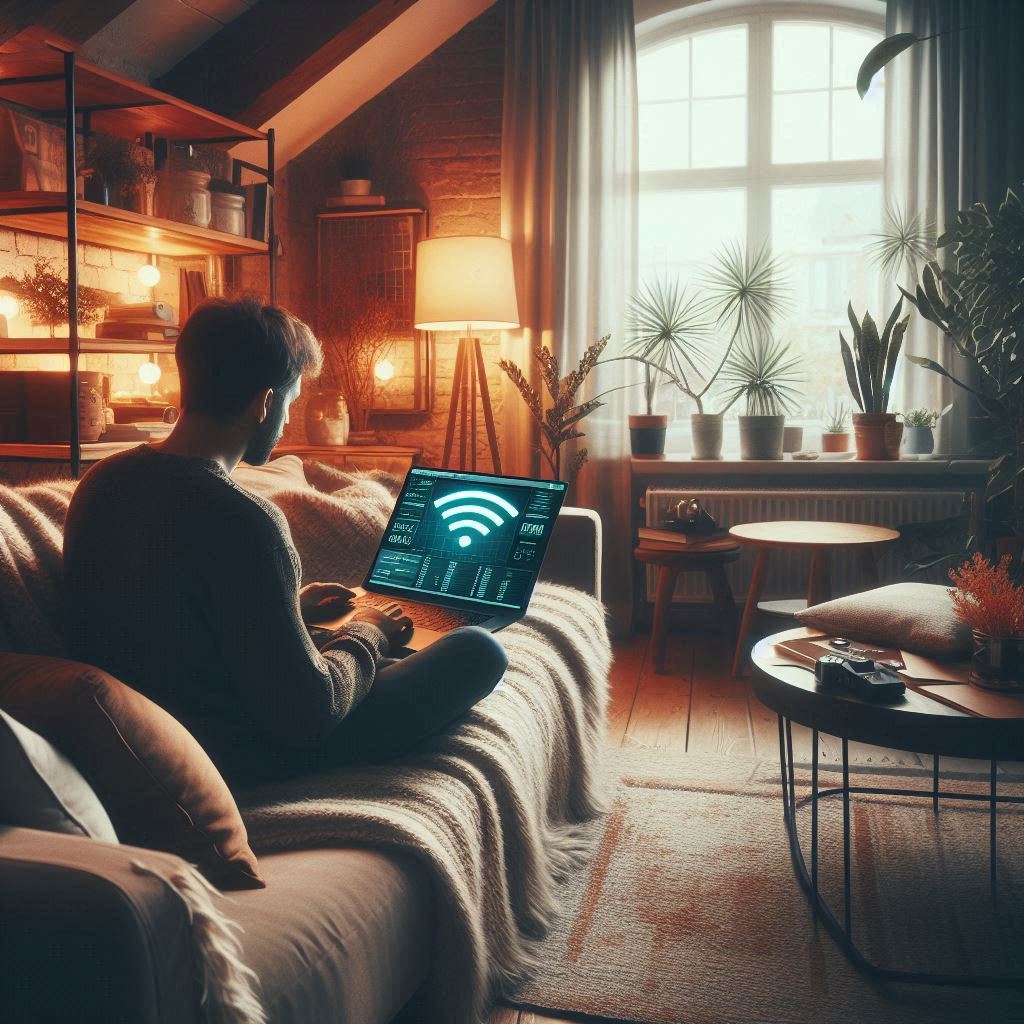Posted On 01 Apr 2025
If your internet connection feels slower than usual, you might wonder if someone is using your Wi-Fi without permission. Unauthorized access to your network can not only slow down your internet but also pose security risks. Here’s how you can find out if someone is piggybacking on your Wi-Fi and what you can do about it.
Check Your Router
The most reliable way to see who’s connected to your Wi-Fi is by accessing your router’s interface. Log in to your router using its IP address, which is typically printed on the device or found in its manual. Once logged in, navigate to the section that lists connected devices. This list will show all devices currently using your network. Look for unfamiliar names or devices, which could indicate unauthorized access.
Use Network Monitoring Tools
If accessing your router feels daunting, you can use third-party apps or software to monitor your network. Tools like Fing (available for mobile devices) or Wireless Network Watcher (for Windows) can scan your network and display a list of connected devices. These tools often provide additional details, such as device names and MAC addresses, making it easier to identify intruders.
Secure Your Network
If you suspect someone is using your Wi-Fi, take immediate steps to secure your network. Start by changing your Wi-Fi password to something strong and unique. Ensure your network uses WPA3 or WPA2 encryption, as older protocols like WEP are less secure. You can also enable MAC address filtering on your router, which allows only approved devices to connect.
Additional Tips
To prevent unauthorized access in the future, regularly update your router’s firmware to patch security vulnerabilities. Avoid sharing your Wi-Fi password unnecessarily, and consider setting up a guest network for visitors. If you notice persistent issues, contact your internet service provider for assistance.
By taking these steps, you can ensure that your Wi-Fi remains secure and that your internet connection is used only by those you trust. Protecting your network not only improves performance but also safeguards your personal data from potential threats.









